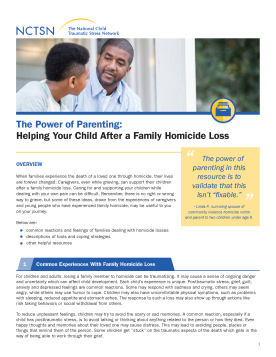
The Power of Parenting: Helping Your Child After a Family Homicide Loss
Offers parents and caregivers information to help support their children after the loss of a family member due to homicide.
Parents and caregivers play an essential role in helping children and teenagers recover from traumatic events. These resources are for parents, adoptive parents, resource/foster parents, grandparents, caregivers, and all others who care for children and teens. The more caregivers learn about how traumatic events affect their children (whether toddler, school-age, teen, youth, or adult), the more they understand the reasons for their children’s behaviors and emotions, and the better prepared they are to help them cope. When children know that caring adults are working to keep them safe and support them in understanding their reactions to trauma, most can recover and go on to live healthy and productive lives.

Offers parents and caregivers information to help support their children after the loss of a family member due to homicide.
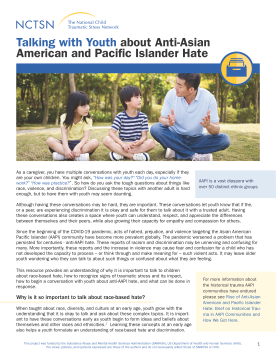
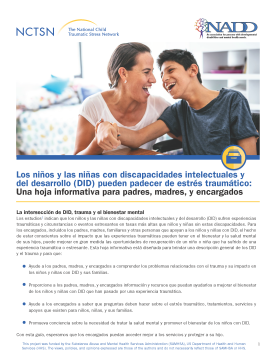
Offers parents and caregivers information about how children with intellectual and developmental disabilities (IDD) experience traumatic stress.
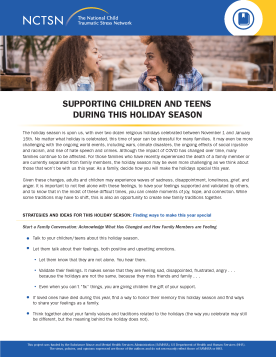
Offers parents and caregivers strategies and ideas for supporting children and teens during the holiday season. This fact sheet provides tips that parents can use to talk to their children and teens about how they are feeling and changes to holiday celebrations and traditions.
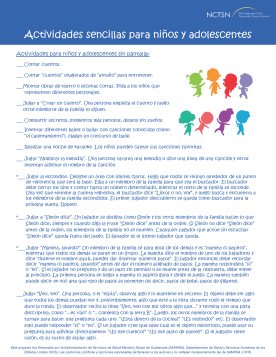
Ofrece ideas de actividades para padres y cuidadores cuyas familias se están refugiando en el lugar, sin electricidad y recuperándose de un huracán u otro evento.
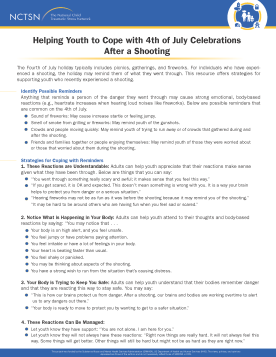
Offers strategies for supporting youth who recently experienced a shooting on how to cope with 4th of July celebrations.
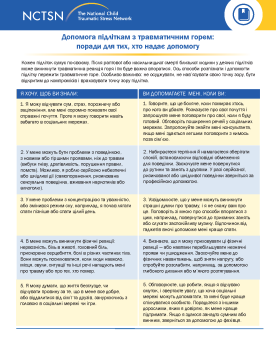
Describes how teens may feel when struggling with the death of someone close and offers tips on what caregivers can do to help. Translated in 2020.
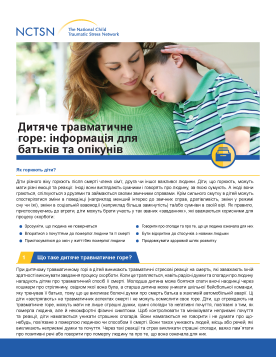
Provides information to parents and caregivers on Childhood Traumatic Grief.
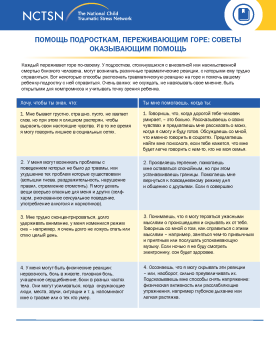
Describes how teens may feel when struggling with the death of someone close and offers tips on what caregivers can do to help. Translated 2022.
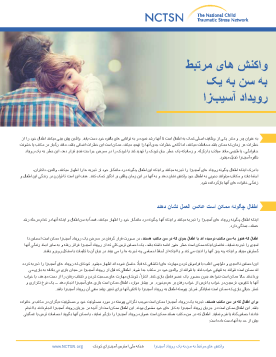
Describes how young children, school-age children, and adolescents react to traumatic events and offers suggestions on how parents and caregivers can help and support them.
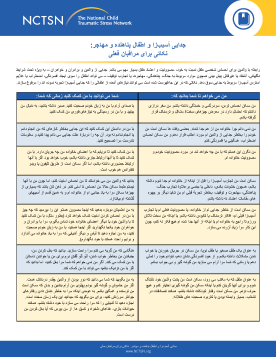
Provides tips for current caregivers and others to help address the needs of immigrant and refugee children who have experienced traumatic separation. The relationship with a parent is critical to a child’s sense of self, safety, and trust.
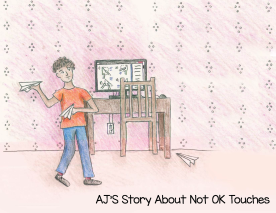
Is designed to be read by a supportive adult (parent/caregiver, therapist) to a child (ages 5-10, or as developmentally appropriate) who has engaged in a Not OK touch or problematic sexual behaviors with another child.